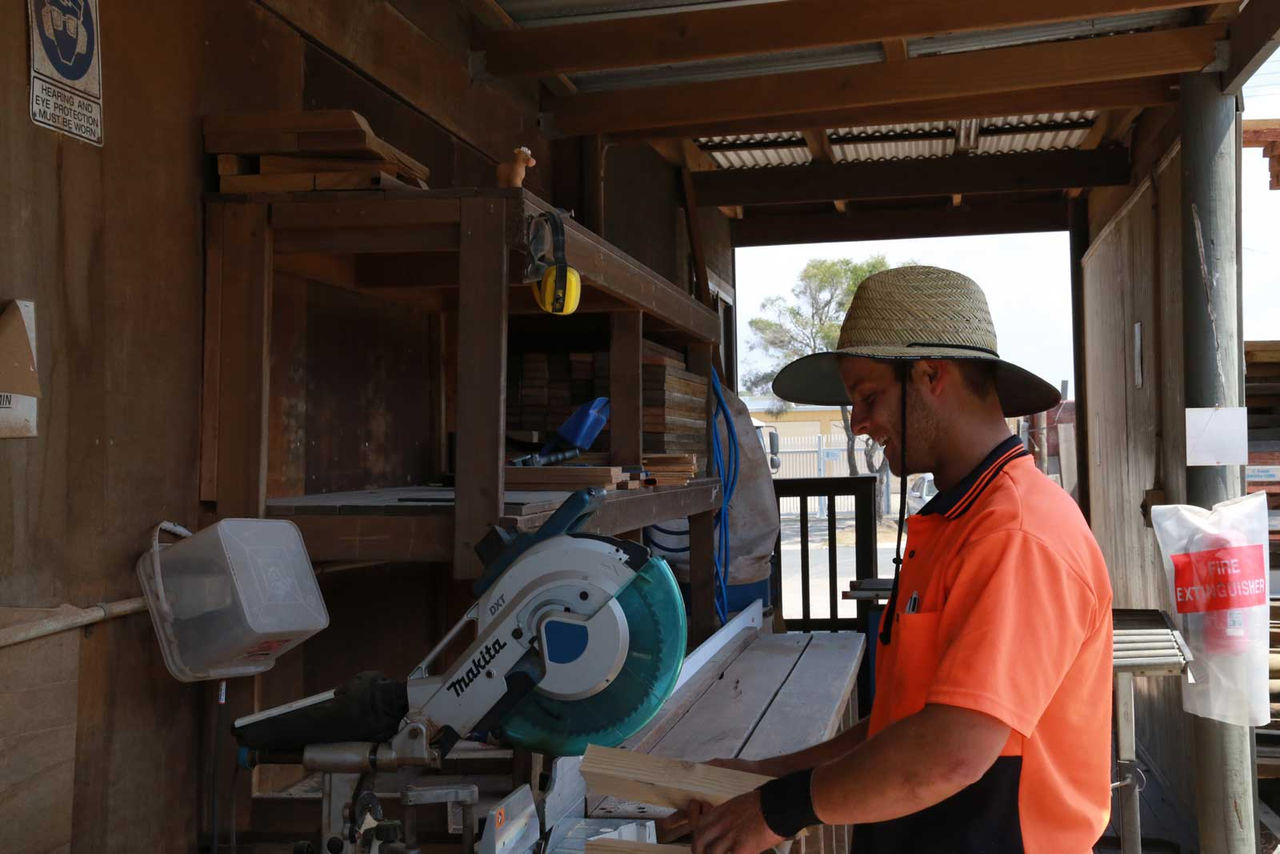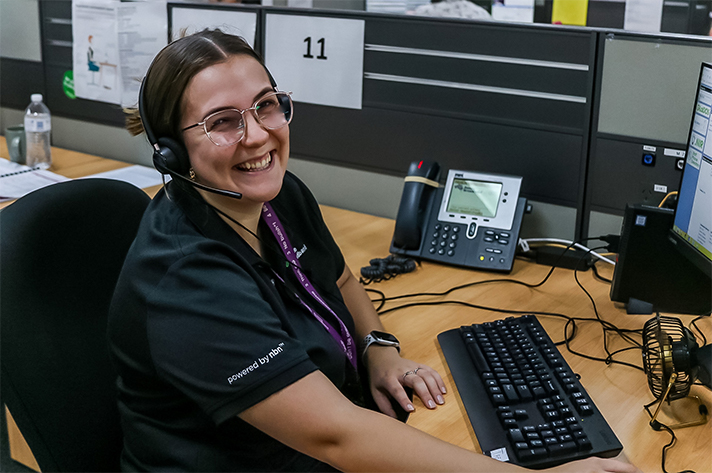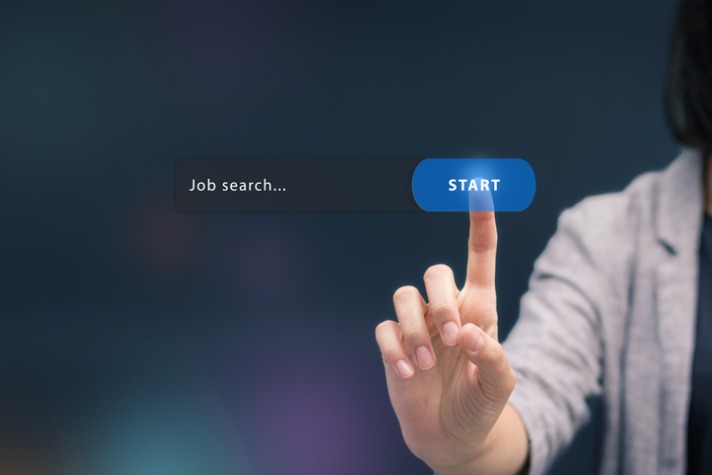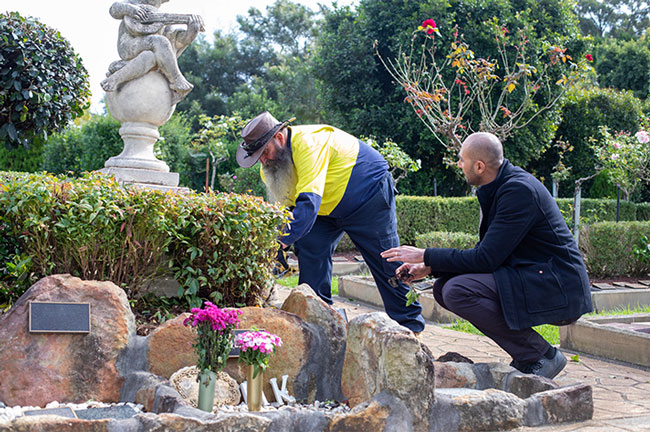Career snapshot: allied health assistance
Published by MAXSolutions on February 17, 2021

If you enjoy providing excellent customer service, have an interest in health and great communication skills, a career in allied health may be right for you.
What is allied health assistance?
There are around 195,000 allied health professionals in Australia (AHPA) and many of these are supported by those who have chosen a career in allied health assistance.
Allied health is the overarching name for a diverse field of occupations providing essential health care services for people of all ages.
Allied health professionals include psychologists, speech pathologists, audiologists, chiropractors and osteopaths, massage therapists, physiotherapists, dieticians, podiatrists, occupational therapists, music therapists and optometrists.
Working alongside and supporting allied health professionals in a variety of ways, you will often find Allied Health Assistants - or those who have chosen a career in allied health assistance.
What does an Allied Health Assistant do?
A career in allied health assistance varies from occupation to occupation and practice to practice but these are some of the things you can expect to do while working in the role:
- Provide direct support for allied health professionals
Communicate between health professionals, patients, families and other health and support workers
Follow treatment plans and provide treatment support for therapeutic interventions
Prepare and coordinate assessment and treatment plans for patients
Monitor and evaluate patient treatments
Make and maintain patient bookings
Organise and file patient reports and other documentation
Provide other administrative and office support to health care professionals.
For those parts of the role that require more specific health and treatment knowledge, depending on your experience, you may find yourself working under the direct, indirect or remote supervision of an allied health professional.
Where do Allied Health Assistants work?
Just as the range of allied health professionals you might support in the role varies, so too does the location of your work. Some examples of places you might find yourself working in this role include:
Public or private hospital
Medical centre
Community centre
Within a practice offering a singular allied health service (for example a physiotherapist practice or at an optometrist)
Within a practice offering a range of allied health services
Pharmacy
School
Aged care facility
From home (providing virtual support services)
On the road (travelling with a practitioner, visiting homes, schools, aged care facilities etc
For those parts of the role that require more specific health and treatment knowledge, depending on your experience, you may find yourself working under the direct, indirect or remote supervision of an allied health professional.
Why consider a career in allied health assistance?
1. It is a growing industry
Health care and social assistance as a broad industry is growing, and expected to continue growing as a result of the COVID-19 pandemic and Australia’s ageing population (National Skills Commission).
As the industry grows so too does the need for qualified assistants to support allied health professionals and their patients.
The Australian Government’s JobOutlook expects the future growth of a variety of allied health professions to be either strong or very strong.
- Very strong: audiology and speech pathology, optometry and physiotherapy
- Strong: complementary health therapy, medical imaging, massage therapy, nutrition and podiatry (JobOutlook).
2. There are opportunities for flexible working arrangements
Within this industry flexible working arrangements are common.
Many allied health professionals work part time, in fact 46% of all health care and social assistance workers are employed part time (National Skills Commission).
Further many practitioners travel to meet clients in their homes and require remote support services meaning working from home may be an option.
This kind of flexibility makes a career as an Allied Health Assistant a smart career choice for people who need to manage their paid work around other responsibilities.
3. You can follow your healthcare passion
As discussed above, the range of healthcare areas that allied health covers is vast.
From head to toe, allied health professionals support patients to achieve optimum health.
Allied health professions
Click on the purple circles below to learn more about some of the different allied health professions in Australia. A career in allied health assistance may lead you to work alongside allied health professionals in these areas.
Is a career as an Allied Health Assistant right for you?
Let’s take a look at whether a career as an Allied Health Assistant is right for you.
If you have the character traits and skills listed below, you are more likely to find a career in allied health fulfilling.
Good communication and teamwork skills
Those who choose a career in allied health assistance are constantly communicating with health care professionals, patients, families and other health organisations and businesses such as medical equipment suppliers.
Being able to communicate clearly and reliably relay information is important. So too is the ability to communicate with compassion, respect and efficiency.
As part of this, being able to work well as part of a team is very important. Patients are often seeing multiple healthcare professionals and being able to work within your own team along with the wider healthcare and support teams of each patient is a great skill to have.
Willingness to be flexible and adaptable
A lot of allied health professionals work in small teams. This can mean that as an Allied Health Assistant, you’re called on for anything from answering phones and restocking to the stationery to providing invaluable support in the treatment room.
Oftentimes assistants are called on to provide a wide range of administrative and treatment supports in a single day.
This means if you have a flexible and adaptable personality, you’re more likely to fit in and enjoy this kind of varied environment.
Good customer service skills
In line with good communication skills, having an aptitude for customer service and a person-centred approach to patients is important in this kind of role.
If providing good customer service is something you enjoy, you’ll likely get satisfaction from a career in allied health assistance and you’re more likely to succeed long term.
Basic computer skills
Like many roles, a career in allied health assistance will require a basic to moderate level of computer literacy. Data entry, clinical management, ongoing learning and development and workplace updates will require computer use.
What qualifications and experience do you need for a career in allied health assistance?
Organisations hiring allied health asistants are typically looking for people who have completed a Certificate III in Allied Health Assistance or an equivalent/higher qualification.
If you’re looking to join this diverse and growing workforce, find out more about the Certificate III qualification.
Here at MAX, we offer this accredited course, delivered online full time (12 months) or part time (24 months) through our RTO (0667).
Find out more about the qualification that can launch your career in allied health assistance.
Core units cover things like recognising healthy body systems, how to interpret and apply medical terminology, how to work with diverse people and communicate in health services.
All students are required to undertake 80 hours of work placement to complete the qualification. This provides a fantastic opportunity for hands on experience prior to graduation.
Contact us today on 1800 603 503 to discuss.
What qualifications and experience do you need for a career in allied health assistance?
What professions are considered to be allied health?
The full list of professions in the allied health field as listed by Allied Health Professions Australia are as follows:
- Audiology
Audiologists are experts in hearing, hearing loss, balance disorders and issues such as tinnitus. Audiologists evaluate, diagnose and treat patients from infants through to the elderly and help improve their ability to hear and communicate.
- Chiropractic
Chiropractors examine and treat back pain and disorders of the musculoskeletal system. Treatments typically include joint manipulation and massage.
- Dietetics
Dietitians provide patients with guidance on food, nutrition and diet to help reduce the symptoms of disease and support people through maintaining good health. Often patients with health conditions including heart disease, obesity, diabetes, cancer, food allergies and other gastro-intestinal diseases are supported by dietitians.
- Exercise physiology
Exercise physiologists use their extensive knowledge of the human body and the benefits of exercise to support patients with exercise therapies designed to help patients with a range of health issues, injuries or limitations with physical function.
- Music therapy
Music therapists use music to support patients with disability, mental illness and even pain. Using music to tap into non-verbal processes, improve health, wellbeing and help patients achieve their goals.
- Occupational therapy
Occupational therapists (OT) support people who have a health concern, injury or disability that prevents them from doing things they would like to in their home and/or work life. OTs help people to achieve their goals through a variety of therapies, environmental modifications, education and other rehabilitation techniques.
- Optometry
Optometrists diagnose and treat a range of eye conditions and vision problems. Optometrists are trained to prescribe glasses and contact lenses.
- Orthoptics
Orthoptists specialise in the diagnosis and treatment of eye health conditions such as glaucoma and cataracts, while also exclusively specialising in treating eye movement concerns such as strabismus (turned eye), ambluopia (lazy eye) and diplopia (double vision).
- Orthotics/prosthetics
Orthotists/prosthetists support patients overcome physical and functional limitations with orthoses (splints and braces) and prostheses (artificial limbs).
- Osteopathy
Osteopaths treat a wide range of musculoskeletal conditions with manual therapy. Osteopaths have a particular understanding of spinal and joint manipulation.
- Physiotherapy
Physiotherapists work with people of all ages to treat a range of musculoskeletal conditions including injuries with the aim to reduce pain, increase mobility, function and well-being.
- Podiatry
Podiatrists treat feet and lower limbs with the aim of reducing pain and improving overall health and wellbeing.
- Psychology
Psychologists seek to interpret, diagnose and treat people experiencing a range of mental, emotional and behavioural disorders. As experts in human behaviour, psychologists aim to help people to overcome issues such as anxiety, depression and trauma and life through talk therapy, guidance, support, strategies and other evidence-based treatments.
- Social work
Social workers provide practical and social support to people in times of crisis, or difficult situations such as homelessness, addiction, abuse or bereavement. Social workers connect people with other supports such as secure housing, information, socio-emotional supports and counselling.
- Speech pathology
Speech pathologists support people who have difficulty with certain communication skills such as speaking, understanding language or stuttering. They can also support those who have difficulty swallowing food and drink safely.
Other allied health professions include:
- Sonography
- Genetic counselling
- Medical radiations
- Arts therapy
- Rehabilitation counselling
Share
Tags
Found this useful?
Help and advice
Our blogs are about helping people seek the information that they need for their steps in the workforce.


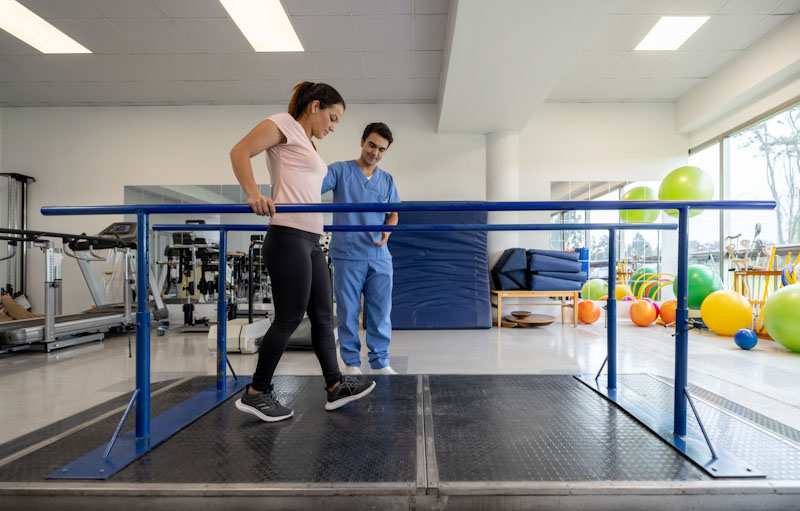

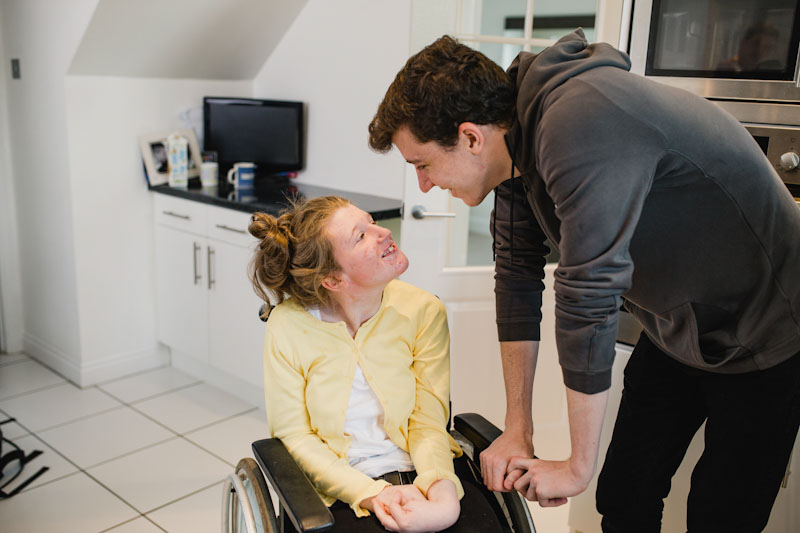

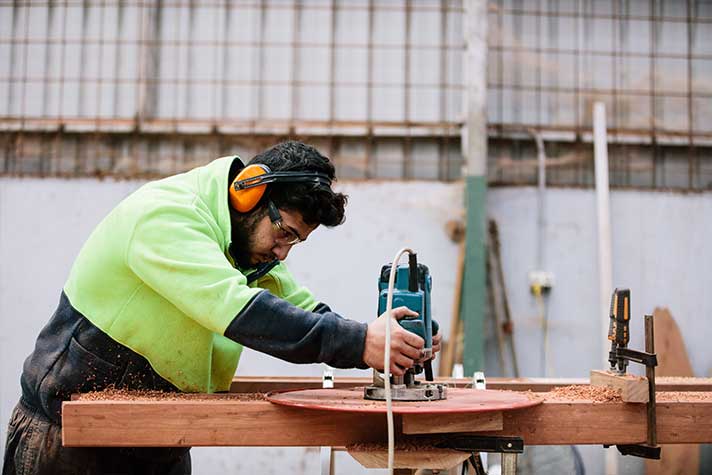







_1.jpg)



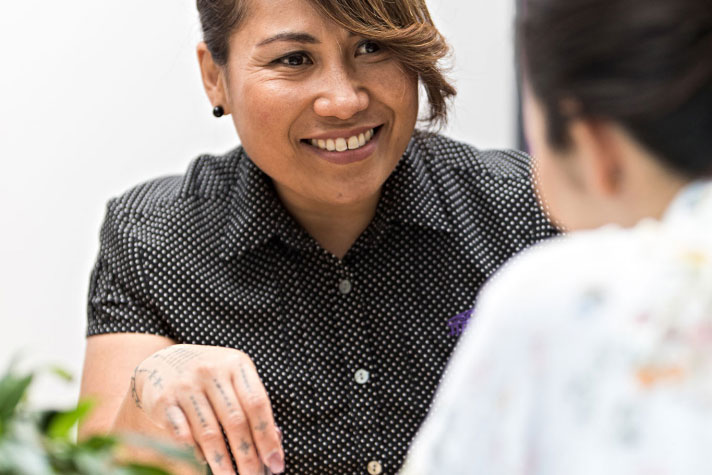
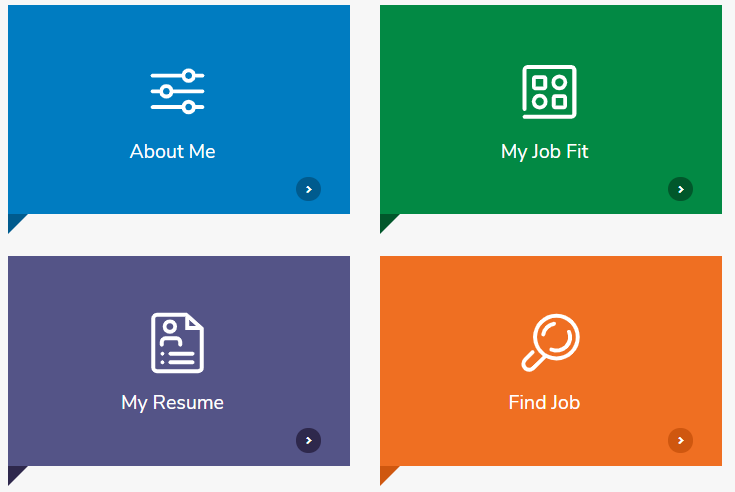

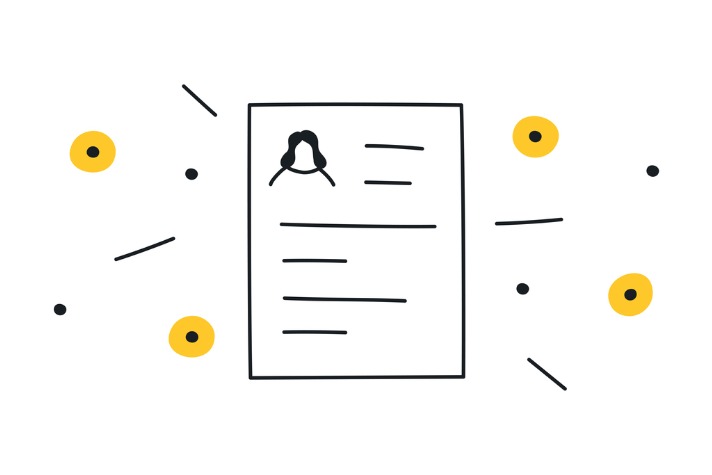


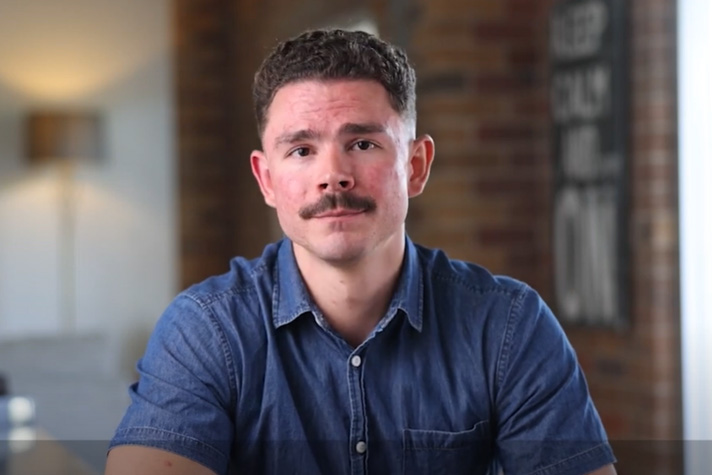


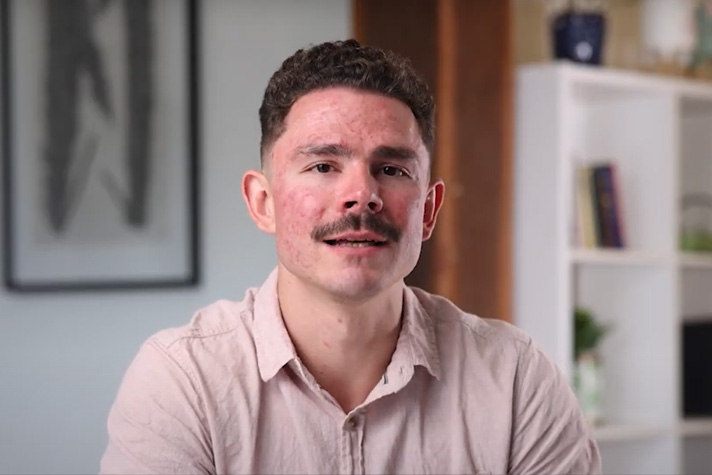











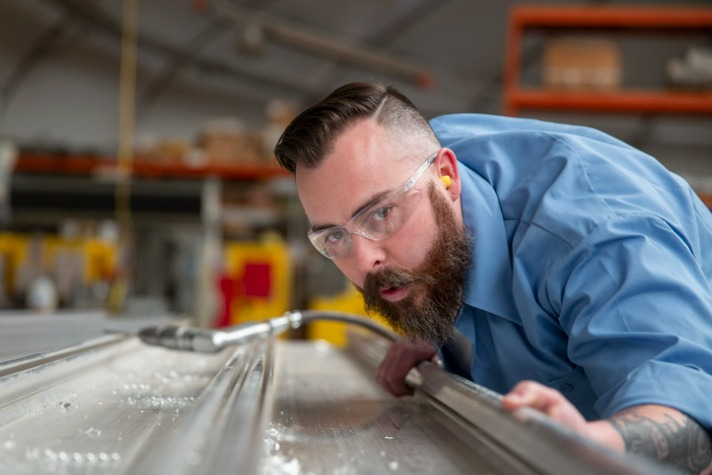




.jpeg)
